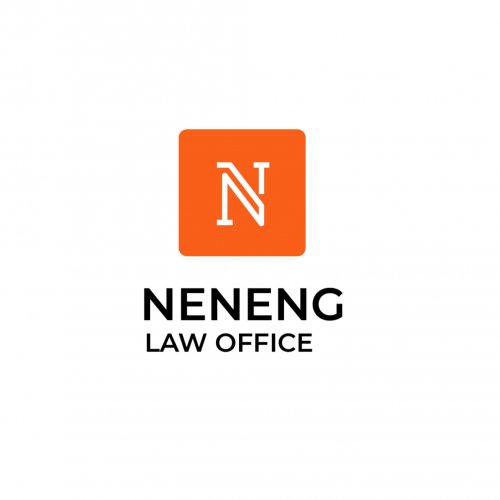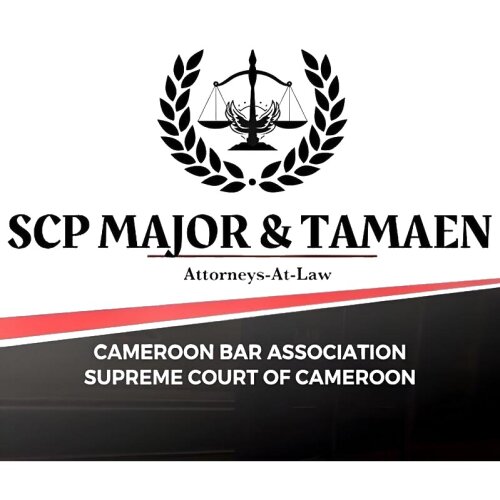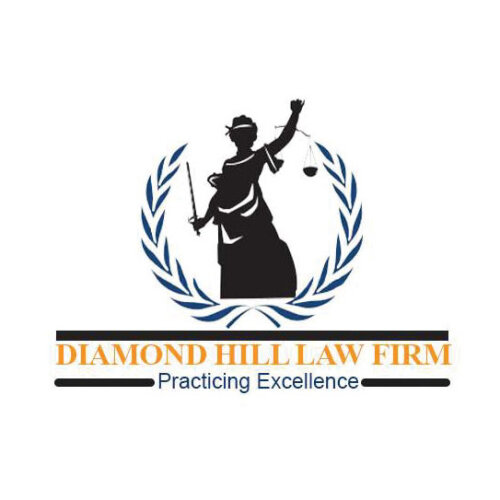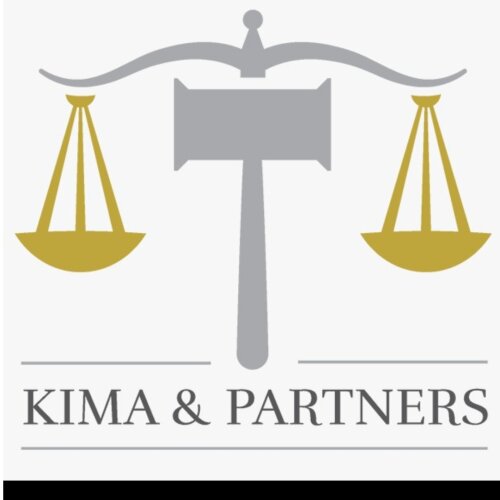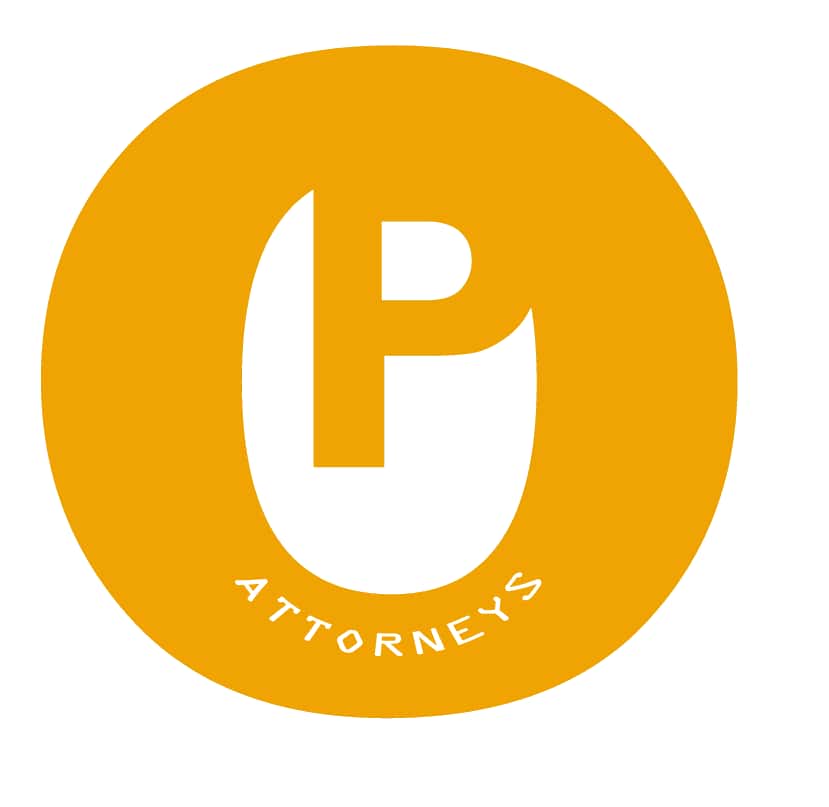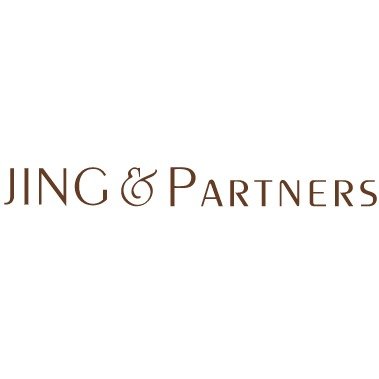Best Debt Capital Markets Lawyers in Cameroon
Share your needs with us, get contacted by law firms.
Free. Takes 2 min.
Or refine your search by selecting a city:
List of the best lawyers in Cameroon
About Debt Capital Markets Law in Cameroon
Debt Capital Markets (DCM) in Cameroon are a specialized segment of the financial markets where companies, government entities, and other institutions raise funds by issuing debt securities, such as bonds and notes, to investors. These activities are governed by both local legislation and regional regulations set by the Central African Economic and Monetary Community (CEMAC), of which Cameroon is a member. The markets help mobilize capital for development projects, infrastructure, and various corporate financing needs, while providing investment opportunities for institutional and individual investors.
Why You May Need a Lawyer
Engaging in Debt Capital Markets transactions in Cameroon can be complex and requires specialized legal support. Common scenarios where legal assistance is important include:
- Structuring and issuing bonds or other debt instruments
- Negotiating and drafting loan and security agreements
- Ensuring compliance with local and regional regulations
- Advising on disclosure and listing requirements
- Handling cross-border transactions and foreign investment issues
- Navigating tax implications of debt instruments
- Resolving disputes arising from default or breach of debt covenants
- Due diligence for investors or issuers
- Representing clients before regulatory bodies
A lawyer with experience in DCM can help you avoid legal pitfalls and ensure transactions are valid, enforceable, and compliant with all relevant laws.
Local Laws Overview
Key legal aspects influencing Debt Capital Markets in Cameroon include:
- OHADA Law: Cameroon follows the Organization for the Harmonization of Business Law in Africa (OHADA) regime, which governs commercial, corporate, and security law across member states, ensuring uniformity in debt issuance and enforcement.
- CEMAC Regulations: As part of the regional financial community, Cameroon adheres to CEMAC's regulations on the issuance, registration, and listing of debt securities, as well as requirements for cross-border offerings.
- BEAC Guidelines: The Bank of Central African States (BEAC) oversees monetary policy, foreign exchange controls, and approval processes relevant to capital movements, including those associated with debt securities.
- Financial Market Authority: The Financial Market Regulatory Commission of Cameroon (Commission de Surveillance du Marché Financier de l’Afrique Centrale - COSUMAF) supervises all securities offerings and sets rules for public offers and disclosure obligations.
- Tax Considerations: Issuance and trading of debt instruments have tax implications for issuers and investors, including withholding taxes on interest, which must be analyzed carefully.
These frameworks ensure a structured approach to debt capital raising but introduce compliance and procedural requirements that must be followed strictly.
Frequently Asked Questions
What are the main types of debt instruments in Cameroon?
The most common debt securities include government and corporate bonds, treasury bills, and commercial papers. Each has different maturity periods and risk profiles.
Who can issue debt securities in the Cameroonian market?
Both public entities (such as the government and its agencies) and private sector companies that meet regulatory requirements may issue debt securities.
Are there restrictions on foreign participation in Debt Capital Markets?
Foreign investors may participate, subject to foreign exchange and investment regulations governed by BEAC and the Ministry of Finance.
What are the key steps in issuing a bond in Cameroon?
Issuing a bond generally involves preparing documentation, seeking regulatory approvals, securing a rating, listing on an authorized exchange, and marketing the security to investors.
What role does COSUMAF play in Debt Capital Markets?
COSUMAF is the main regulatory authority overseeing the offering of securities, registration, monitoring compliance, and protecting investors in the Central African region.
What legal risks are associated with DCM transactions?
Risks include non-compliance with disclosure or registration rules, uncertainty in enforcement of security, insolvency of issuers, and regulatory penalties for breaches.
How are defaults or disputes resolved?
Disputes may be resolved through courts or arbitration. Enforcement of security interests and insolvency matters are governed by OHADA law.
Are there ongoing obligations for issuers after fundraising?
Yes, issuers must comply with regular disclosure, reporting, and payment obligations throughout the life of the debt security.
What are the tax implications for interest payments on bonds?
Interest payments are subject to withholding tax. Rates and exemptions may vary depending on the status of the recipient and the nature of the securities.
How can I get legal advice on Debt Capital Markets in Cameroon?
It is advisable to engage a law firm or lawyer specializing in banking and finance law, especially one with experience in securities and capital markets.
Additional Resources
For more information or to seek guidance, consider consulting the following organizations and bodies:
- Financial Market Regulatory Commission (COSUMAF) - Regulates public offerings, market operations, and licensing of market participants.
- Ministry of Finance of Cameroon - Oversees public debt and regulatory policy on capital raising.
- Bank of Central African States (BEAC) - Governs monetary issues, foreign exchange, and approval related to cross-border transactions.
- Authorized law firms specializing in capital markets law.
- Local Chambers of Commerce and professional associations.
Some of these bodies also provide publications, seminars, and online resources outlining current regulations and market developments.
Next Steps
If you are considering participating in or making use of Debt Capital Markets in Cameroon, the following steps are recommended:
- Assess your objectives and needs, such as capital raising, investing, or regulatory compliance.
- Gather relevant documentation, such as financial statements and business plans for issuers.
- Make a list of questions or concerns for legal counsel.
- Contact a qualified lawyer or law firm with proven experience advising on banking, finance, and securities law in Cameroon.
- Request a formal consultation to discuss your plan, risks involved, and regulatory requirements.
- Work closely with your legal adviser to ensure that all laws, regulations, and documentation are properly handled before, during, and after your DCM transaction.
Engaging legal expertise early helps avoid costly mistakes and ensures your interests are protected throughout the process.
Lawzana helps you find the best lawyers and law firms in Cameroon through a curated and pre-screened list of qualified legal professionals. Our platform offers rankings and detailed profiles of attorneys and law firms, allowing you to compare based on practice areas, including Debt Capital Markets, experience, and client feedback.
Each profile includes a description of the firm's areas of practice, client reviews, team members and partners, year of establishment, spoken languages, office locations, contact information, social media presence, and any published articles or resources. Most firms on our platform speak English and are experienced in both local and international legal matters.
Get a quote from top-rated law firms in Cameroon — quickly, securely, and without unnecessary hassle.
Disclaimer:
The information provided on this page is for general informational purposes only and does not constitute legal advice. While we strive to ensure the accuracy and relevance of the content, legal information may change over time, and interpretations of the law can vary. You should always consult with a qualified legal professional for advice specific to your situation.
We disclaim all liability for actions taken or not taken based on the content of this page. If you believe any information is incorrect or outdated, please contact us, and we will review and update it where appropriate.
Browse debt capital markets law firms by city in Cameroon
Refine your search by selecting a city.






